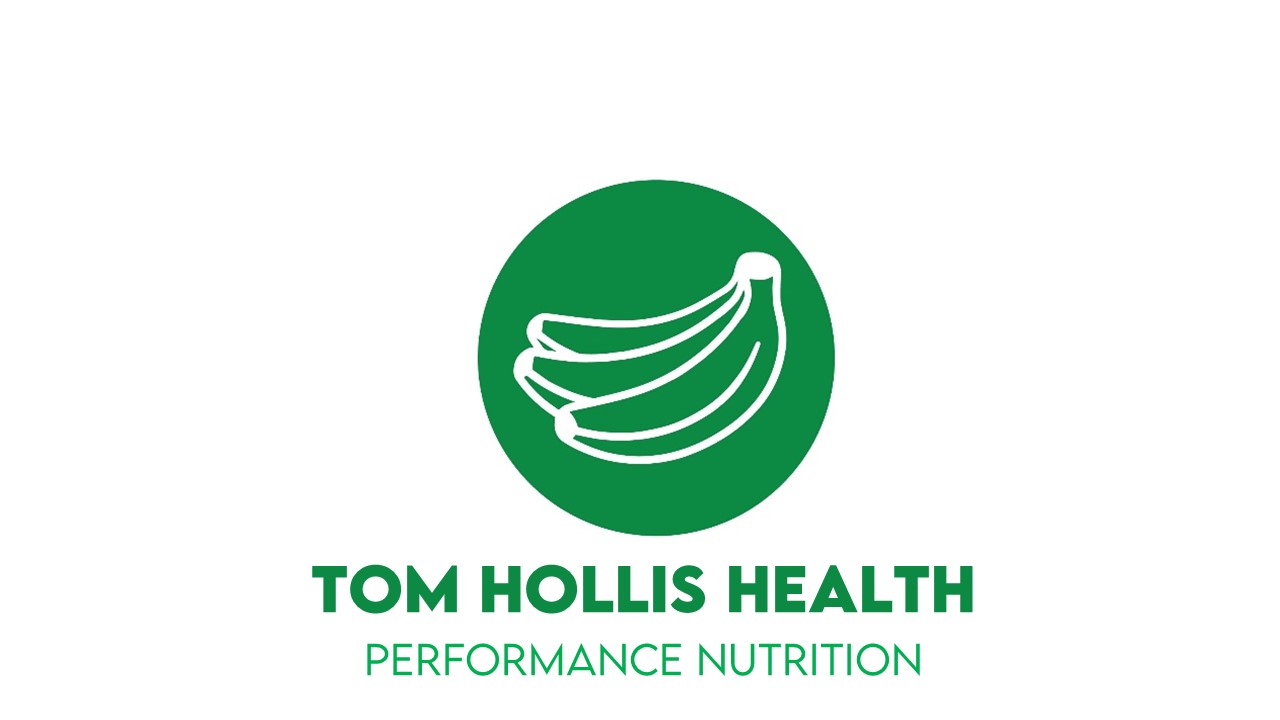My clinical career has seen some significant changes recently, so I thought I’d write a quick post to briefly update and reflect on a busy few months in the day job (and inevitably the language will be slightly more clinical than usual – apologies!) For the second half of 2017, I took on the role of Senior Specialist Dietitian in Lower Gastrointestinal Surgery and Gastroenterology at my previous trust, Imperial. Given the nature of the surgery and diseases in this population (e.g. bowel cancer, crohn’s, pancreatitis), patients are often unable to digest food normally, with their intestinal tracts either inaccessible (e.g. due to obstructions) or not functioning properly (e.g. slow post-op recovery).
For this reason, we often need to bypass the digestive system completely, supplying nutrients directly to the bloodstream instead. This is called parenteral nutrition, which is a delicate art, requiring different degrees of personalisation depending on the complexities of each patient. It has been a privilege becoming an expert in this very technical field.
Then, in the new year, I moved to another NHS trust with a huge reputation for research and clinical excellence, in my new role as Senior Specialist Critical Care Dietitian at Guy’s and St Thomas’. I’m still, unashamedly, at the stage where I get a cheap thrill from my new surroundings (hard not to be when my run to work ends with a view across the Thames to the Houses of Parliament…hence the slightly blurry sunrise picture above), but my first goal has been getting to grips with my new clinical environment. The Intensive Care Unit (ICU) is unlike anywhere else in the hospital, and needs to be treated very differently as a dietitian. Patients are sicker, often requiring multiple forms of artificial organ support and with rapidly fluctuating clinical pictures. The different way in which we estimate nutritional requirements on ICU reflects this, and needless to say, the majority of our patients are not able to ‘eat’ in the traditional sense.
Although I’ve not been an ICU specialist for very long at all, another thing that has been immediately obvious has been the huge emphasis on research, and crucially, acknowledgement of the gaps in the research. The importance of properly nourishing these patients is not in doubt, but the optimal means of doing so remains a rapidly evolving (and at times, very contentious) area. It is exciting to be a part of it and I look forward to expanding my knowledge!



